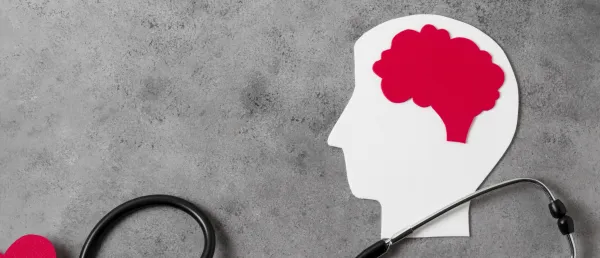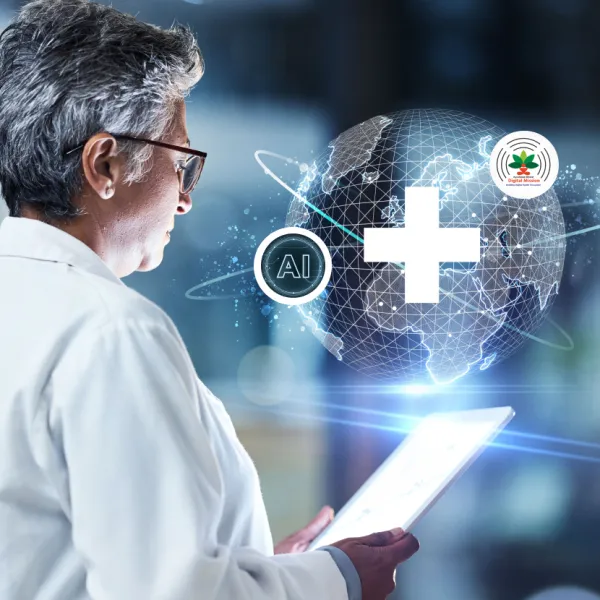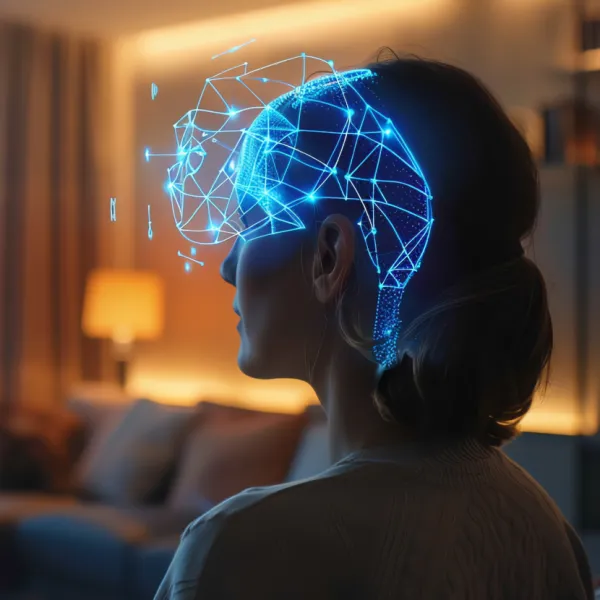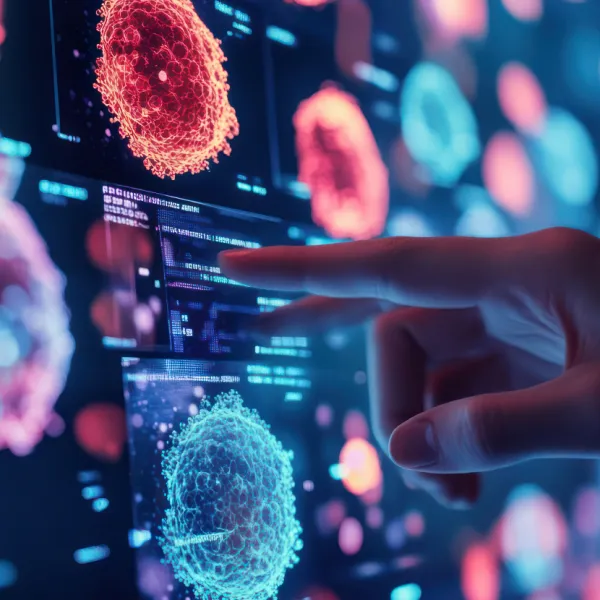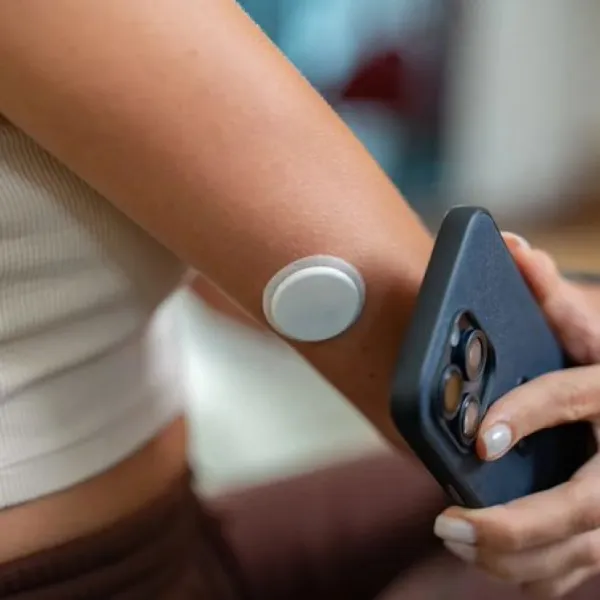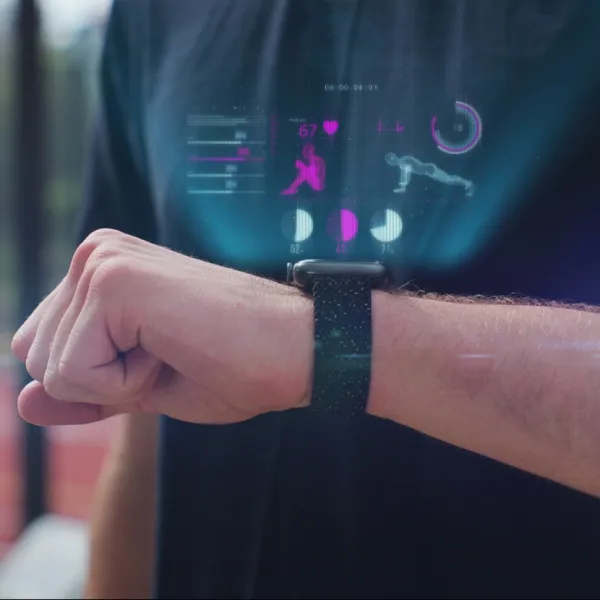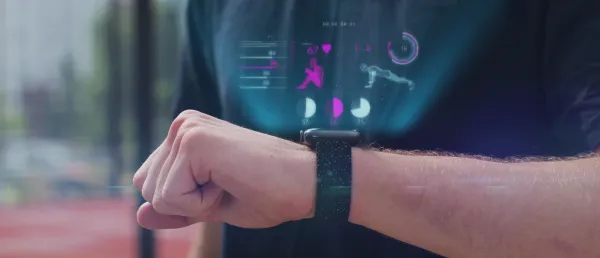World Alzheimer’s Day 2024: Latest Tech Innovations in Detection & Treatment

World Alzheimer’s Day, observed annually on September 21st, serves as a global platform to raise awareness about Alzheimer's disease and dementia. Age remains the greatest risk factor for Alzheimer’s, with prevalence increasing significantly: 5% of individuals aged 65 to 74, 13% of those aged 75 to 84, and 33% of people aged 85 and older are affected.
An estimated 6.9 million Americans aged 65 and older currently live with Alzheimer's, a number projected to reach nearly 13 million by 2050 if no new preventive strategies emerge.
Furthermore, almost 10% of U.S. adults aged 65 and older have dementia, and approximately 75% of all dementia cases remain undiagnosed globally.
This year's theme, "Time to act on dementia, Time to act on Alzheimer's," underscores the urgent need to shift perceptions and combat stigma while promoting understanding of these complex conditions.
This year's significant focus is on technological advancements that improve early detection and treatment options for Alzheimer’s.
Early Detection of Alzheimer
Recent advancements in artificial intelligence (AI) have revolutionized the approach to diagnosing Alzheimer’s disease. A notable study conducted by researchers at IIT Indore showcased an AI model that aids in the early identification of Alzheimer's. Published in Nature Mental Health, the research introduced a computer-based diagnostic tool that works in tandem with medical specialists.
The study, led by Professor M Tanveer, emphasized the necessity of timely and accurate diagnosis for effective treatment planning.
“Accurate and early diagnosis of Alzheimer’s disease is paramount for effective intervention and treatment planning,” he noted.
The AI model employs ensemble deep learning techniques to analyze diverse datasets, including neuroimaging and genetic information.
This approach enhances diagnostic accuracy by identifying subtle changes in brain structure and function, allowing healthcare professionals to intervene at earlier stages of the disease.
Advanced Imaging Techniques
Neuroimaging plays a crucial role in Alzheimer’s diagnosis, and advancements in imaging technologies are significantly enhancing detection capabilities.
Researchers are leveraging techniques like magnetic resonance imaging (MRI) and positron emission tomography (PET) to develop models that pinpoint structural and functional alterations in the brain associated with Alzheimer’s. Healthcare providers can gain deeper insights into the disease's progression by integrating these imaging modalities with AI.
Additionally, AI algorithms have been developed to analyze retinal images. This innovative approach allows for the detection of Alzheimer' s-related changes in the retina, offering a noninvasive method to screen for the disease. By identifying early indicators in retinal photographs, these algorithms facilitate population-level screening, enabling timely interventions.
Focused Ultrasound: A Breakthrough in Treatment Delivery
In the realm of treatment, MIT researchers have developed a promising tool known as Focused Ultrasound. This technology addresses a significant challenge in treating brain diseases—the blood-brain barrier, which often prevents the effective delivery of medications. By using focused beams of ultrasonic energy, this tool temporarily opens the blood-brain barrier, allowing Alzheimer’s drugs to reach the brain more efficiently.
The procedure utilizes microbubbles to enhance the effects of the ultrasound, ensuring that therapeutic agents can target specific brain areas. Early clinical trials involving this technique demonstrated an increased removal of amyloid plaques, characteristic of Alzheimer’s disease.
Dr Ali Rezai from the Rockefeller Neuroscience Institute stated, “Our goal is to give patients a head start by boosting some new Alzheimer’s treatments that take a long time to work.” This innovative approach has the potential to revolutionize treatment delivery, improving outcomes for patients.
Collaborative Research & Modelling Tools
Researchers at Indiana University have made significant strides in Alzheimer’s research by developing new brain network modeling tools.
These tools aim to enhance understanding of Alzheimer’s progression through sophisticated modeling of animal models carrying human genes. This collaborative effort, part of the MODEL-AD consortium, integrates insights from multiple research institutions to improve preclinical drug testing.
Dr Paul Territo, a co-principal investigator in the MODEL-AD consortium, remarked on the importance of these tools, stating, “We now have created tools to assess mouse models carrying human genes, which are built upon established methodologies.”
This approach allows for a more accurate representation of Alzheimer’s dynamics, facilitating better therapeutic response assessments and fostering the development of effective treatments.
Conclusion
World Alzheimer’s Day 2024 not only raises awareness about Alzheimer’s disease but also highlights the critical role of technology in transforming diagnosis and treatment.
With around 55 million people globally living with Alzheimer's or other dementias and projections suggesting rates could exceed 152 million by 2050 without breakthroughs, the stakes are high. As AI, advanced imaging techniques, and innovative treatment delivery systems advance, the potential for improving patient outcomes grows.
By harnessing these technological developments, the healthcare community can enhance early detection, streamline treatment processes, and ultimately improve the quality of life for individuals affected by Alzheimer’s.
Stay tuned for more such updates on Digital Health News












